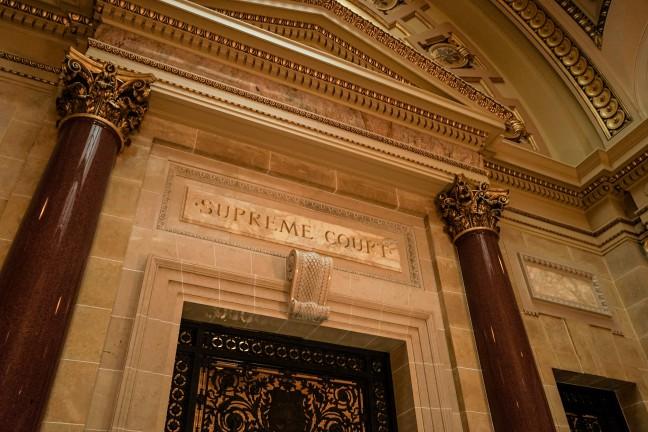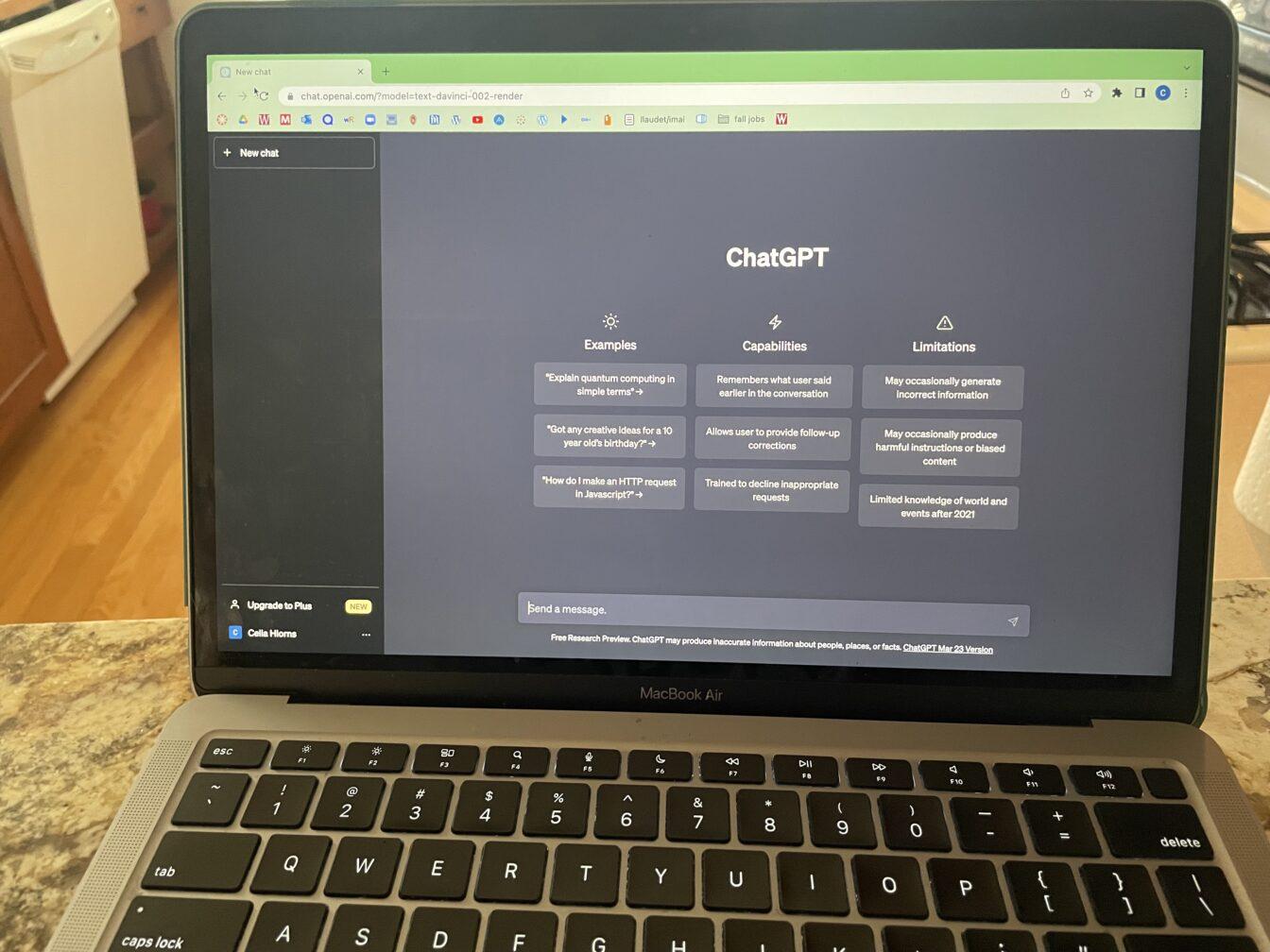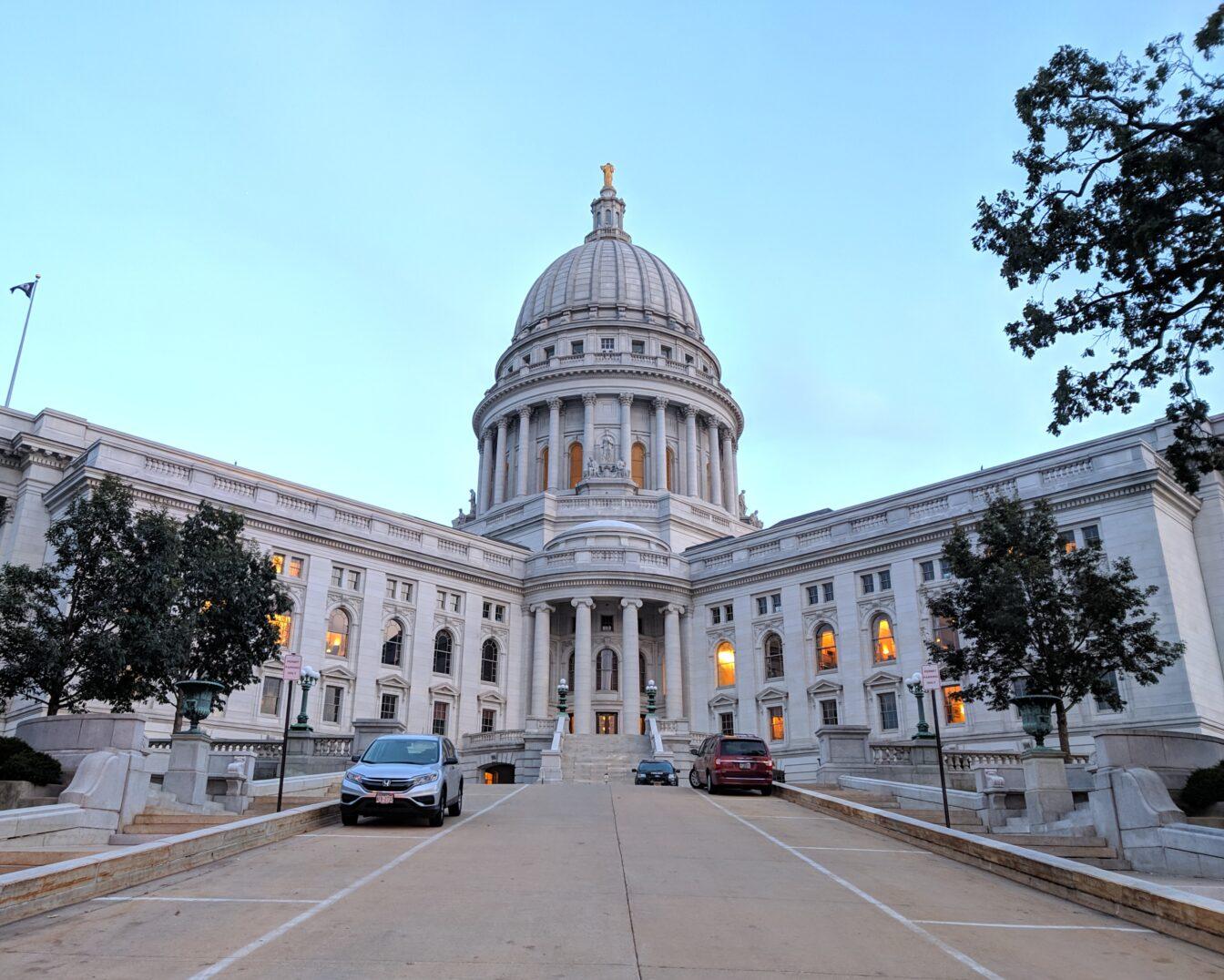In 2008, the world economy crashed after banks traded heavily in collateralized debt obligations backed by subprime American mortgages. Our country based a significant portion of its economy upon defaulting housing loans and, as a result, nearly nine million Americans lost their jobs.
Today, banks are focusing on student loans. As of 2017, American students held around $1.3 trillion in loans at an average of around $30,000 per student. In recent years, investors have attempted to profit off of these by creating asset-backed securities, similar to centralized debt obligations, called student loans assetbacked securities. Interest on these packaged loans accumulate, making SLABS an attractive investment option. Here’s the problem: Default rates on U.S. student loans are currently placed at 11 percent, and that figure is rising. If default rates continue to increase, we could see SLABS collapse in a very similar fashion to mortgage-backed CDOs from 2008.
Student loans have become a crisis in America. If our government doesn’t take action to prevent students from defaulting on their loans, we could undergo a market crash with global implications. Even now, we’re seeing student loans have significant effects on the lives of American graduates and the well-being of the state of Wisconsin.
Wisconsin ranks sixth in percentage of graduates with student debt, with an average debt of $30,059. This level of financial obligation places a huge burden on young Wisconsinites, and that affects our economy too. According to a US News survey, 35 percent of American graduates find it difficult to buy daily necessities, 52 percent say debt affects their ability to make larger purchases (such as a car), and 55 percent claim that debt affects their decision on home buying. This is a serious problem, and it’s central to Wisconsin lagging behind the national average in economic growth and to our state ranking 39th in population growth.
The cost of knowledge: Average UW student graduates with nearly $30,000 in loan debt
Our state will continue to struggle without action on this issue and yet, our state government seems to prefer doing nothing. For five years, Democrats in the state legislature have offered practical solutions to the student debt crisis, and for five years, Wisconsin’s Republican majority has killed what should have been bipartisan efforts to help young people across Wisconsin.
In 2013, Sen. Dave Hansen, D-Green Bay, Rep. Cory Mason, D-Racine, and Sen. Chris Larson, D-Milwaukee, introduced the Higher Ed, Lower Debt act to the state legislature. This bill (which has been reintroduced multiple times) proposed four major, reasonable initiatives, according to The Observatory:
- The creation of the Wisconsin Student Loan Refinancing Authority, which is responsible for starting a student loan refinancing program for state residents,
- The availability of private student loan information, requiring the state Department of Financial Institutions to list the 10 best private lending institutions, based on lowest rates and favorable terms to student borrowers,
- University of Wisconsin System schools, Wisconsin technical colleges and private and tribal colleges must provide information to prospective or accepted students about cost of attendance, student loans rates and repayment plans, total amount of financial aid and an estimated amount of student debt,
- Student loan counseling for colleges offering an associate degree or higher.
These components make an incredible amount of sense. They help prevent students and graduates from defaulting on their loans, and they ensure that students are making informed decisions on loan arrangements. This prevents taxpayers from bearing the brunt of defaulted federal loans, keeps the economy moving by freeing young Americans from extreme burden and cools the possibility of an international economic collapse.
Lawmakers work to prevent expiration of federal student loan program
So why can’t this bill pass? It’s simple — Republicans are bought and paid for by groups that seek to stall progress in this nation for personal gain. For-profit schools, which hold 43 percent of default rates by preying on low-income Americans, have invested extraordinary amounts of money to support conservative political nonprofits and to elect Republican representatives. In return, Republicans in Wisconsin, in the Trump Administration and around the country have ignored the student debt crisis. For-profit schools can’t afford to lose students who have been tricked into attending, and Republicans can’t afford to lose donors.
It’s time to address the student debt epidemic. It’s time to save our economy and our young people from financial ruin. It’s time to stop answering to predatory corporations. It’s time to elect Democrats in the state of Wisconsin and across the U.S.
David Pelikan ([email protected]) is a freshman majoring in political science and economics. He is also Press Secretary for UW College Democrats.




















